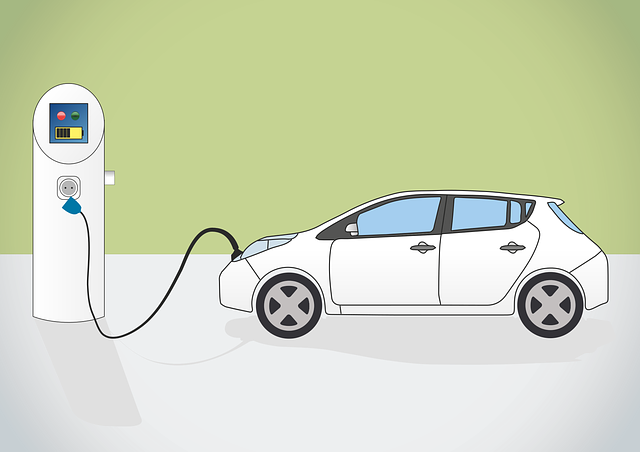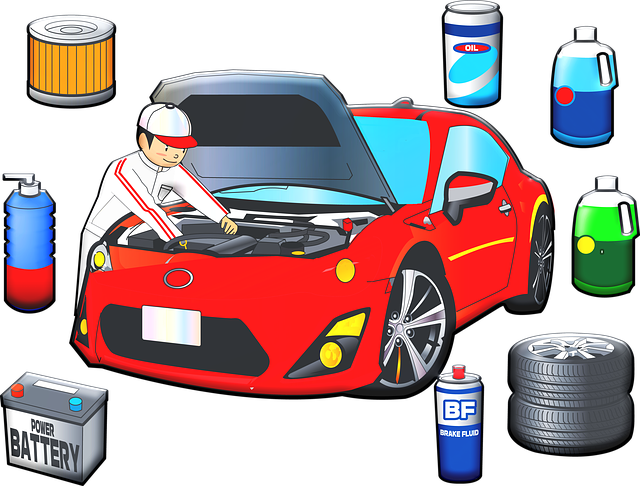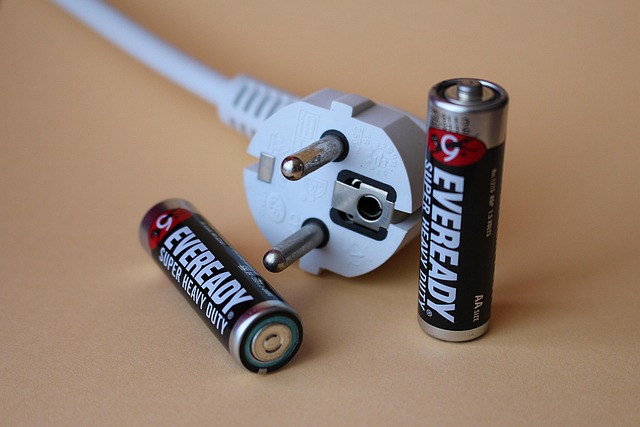Selecting the right Select Car Batteries is crucial for your vehicle's smooth operation. Choose between types like lead-acid or marine batteries, considering high electrical demands or harsh conditions. Balance cost and reliability by buying new or used batteries. Opt for top manufacturers known for innovation and quality. Regular maintenance, proper storage (50% charge), and specialized care for hybrids extend battery lifespan. Refer to a car battery size guide, prioritizing quality over cost with maintenance-free batteries. For eco-friendly vehicles, lithium-ion batteries offer superior performance, reduced weight, and no hazardous materials, making them a sustainable choice.
Choosing the right car battery is a crucial decision that impacts your vehicle’s performance and longevity. This comprehensive guide will help you navigate the process of selecting car batteries by demystifying types, functions, and key considerations. We’ll explore manufacturer reputation, maintenance tips, common mistakes to avoid, and even sustainable options, ensuring you make an informed choice for optimal battery health.
- Understanding Car Battery Basics: Types and Functions
- Key Factors to Consider When Selecting High-Quality Batteries
- How to Identify Top-Tier Battery Manufacturers
- Maintaining Optimal Battery Health: Care and Storage Tips
- Common Mistakes to Avoid When Choosing or Using Car Batteries
- The Environmental Impact of Modern Car Batteries and Sustainable Options
Understanding Car Battery Basics: Types and Functions

Car batteries are essential components that power our vehicles and ensure they run smoothly. Understanding their basics, including different types and functions, is crucial when it comes to selecting the right one for your needs. When choosing a car battery, consider its type, which can vary between conventional lead-acid batteries, popular for their affordability, and more advanced options like top-rated marine batteries known for their durability and performance in harsh conditions.
Each type serves distinct purposes; for instance, high-capacity car batteries are ideal for vehicles with high electrical demands, such as those with powerful lights or advanced infotainment systems. On the other hand, new vs. used car batteries is a consideration that impacts both cost and reliability. New batteries offer peace of mind but come at a premium, while used ones can be more budget-friendly, though they may require closer inspection to ensure their condition and longevity.
Key Factors to Consider When Selecting High-Quality Batteries

When selecting high-quality car batteries, several key factors come into play to ensure optimal performance and longevity. One of the most important aspects is understanding your vehicle’s specific requirements. Different cars have varying electrical demands, so matching the battery to your vehicle’s needs is crucial for efficient operation and extended lifespan. Check your owner’s manual for recommended specifications, including voltage, cold cranking amps (CCA), and reserve capacity.
Additionally, consider reputable premium car battery brands known for their superior craftsmanship and innovative technology. These brands often offer advanced features like improved corrosion resistance, better thermal management, and enhanced durability. Incorporating a reliable car battery charging system is also essential to maintain and optimize your battery’s health over time, ensuring you have a long-lasting car battery that performs consistently without fail.
How to Identify Top-Tier Battery Manufacturers

When selecting car batteries, identifying top-tier manufacturers is paramount to ensuring quality and reliability. Look for brands that have a proven track record in the industry and are known for their commitment to innovation and excellence. Reputable manufacturers often invest heavily in research and development, enabling them to create advanced battery technologies with enhanced performance and longevity.
Additionally, these manufacturers adhere to stringent car battery safety standards and implement robust auto battery safety precautions during production. Certifications from recognized bodies attest to the batteries’ quality and safety. Always opt for well-established names that offer high-capacity car batteries while prioritizing consumer safety, ensuring a peace of mind for your driving experience.
Maintaining Optimal Battery Health: Care and Storage Tips

Maintaining a car battery in peak condition is essential for reliable performance, especially when planning long-distance travels or journeys with hybrid vehicles. Regular car battery maintenance tips include keeping the battery terminals clean and free from corrosion, as even a tiny build-up can affect power output. A good practice is to check the battery regularly, ensuring it’s securely fastened and there are no signs of damage or leaks.
For optimal storage, especially during periods of inactivity, it’s recommended to keep the battery charged at around 50%. This prevents deep discharge cycles, which can significantly reduce its lifespan. Hybrid car battery types often require specialized care due to their intricate design. Proper selection of car batteries is crucial; choosing a high-quality replacement ensures longevity and performs optimally in various driving conditions, be it for daily commutes or long road trips.
Common Mistakes to Avoid When Choosing or Using Car Batteries

When selecting a car battery, avoid common pitfalls that can lead to subpar performance or even damage. One mistake is neglecting to consider your vehicle’s specific requirements, such as the correct voltage and size, which can be determined using a car battery size guide. Always ensure you match the battery’s specifications with your car’s make and model.
Another error is overlooking the importance of quality; cheap batteries may promise lower prices but often lack durability and reliability. It’s better to invest in maintenance-free car batteries from reputable brands, prioritizing longevity and peace of mind. Additionally, avoid ignoring signs of trouble; regular inspection and prompt replacement of any faulty batteries or voltage regulators are crucial for maintaining your vehicle’s overall health.
The Environmental Impact of Modern Car Batteries and Sustainable Options

Modern car batteries have significantly evolved, offering improved performance and longer lifespans. However, their environmental impact cannot be overlooked. Traditional lead-acid batteries, still prevalent in many vehicles, contribute to harmful waste when disposed of improperly. They contain toxic substances like lead and sulfuric acid, posing risks to both the environment and human health.
When considering Select Car Batteries, especially for energy efficient models or suitable car batteries for cold climates, hybrid car battery types such as lithium-ion (Li-ion) are gaining popularity. Li-ion batteries offer several advantages, including higher energy density, reduced weight, and no hazardous materials. They also have a longer lifespan and faster charging times compared to lead-acid alternatives. These sustainable options not only benefit the environment but can contribute to improved vehicle performance and reduced operational costs over time.
When selecting car batteries, understanding your vehicle’s needs and prioritizing quality are key. By considering factors like type, manufacturer reputation, and proper care, you can ensure a reliable power source for your car. Avoid common mistakes and stay informed about sustainable options to make an eco-conscious choice. Remember, a high-quality battery is essential for optimal performance and peace of mind on the road.
